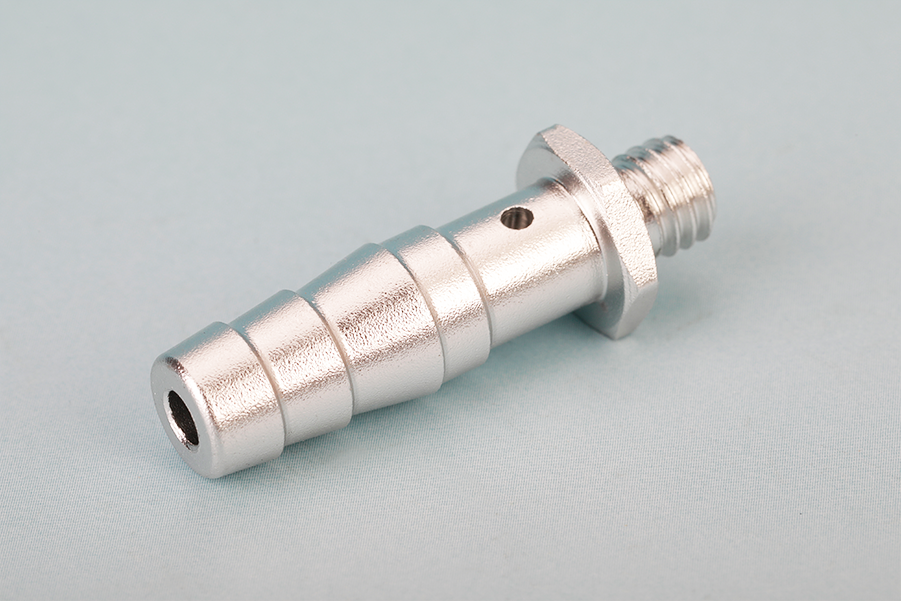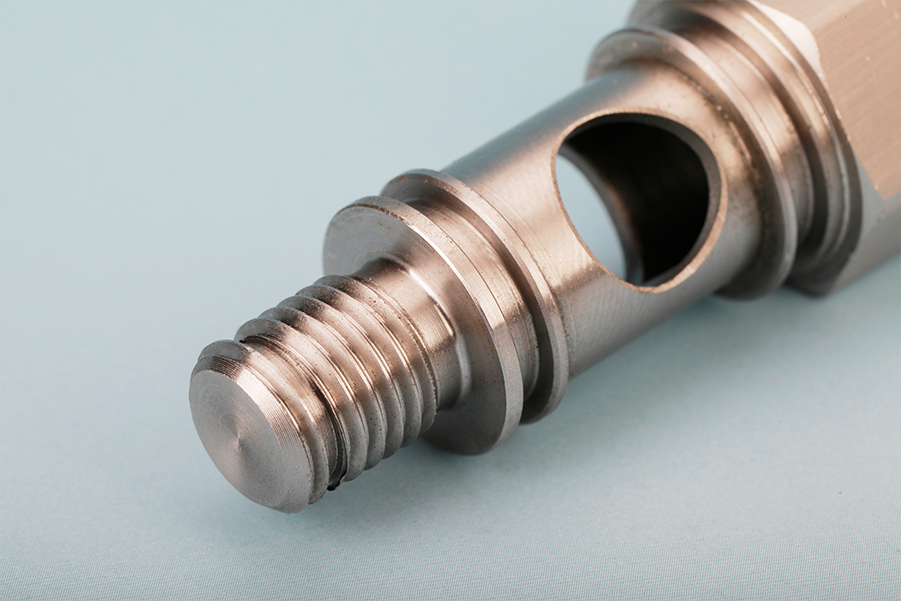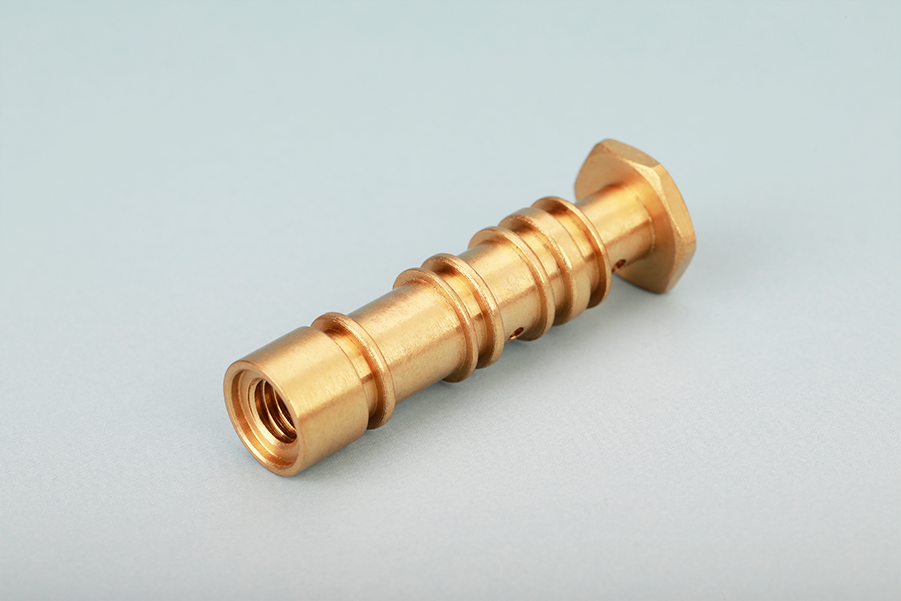Understanding the Importance of Precise Parts in Manufacturing and Machining
Release Time:
Sep 12,2025
In the world of manufacturing and machining, the concept of "precise parts" holds immense significance. Precision engineering involves producing components that meet stringent specifications, which is vital for ensuring the functionality and durability of any mechanical system. When discussing "Precise Parts," it’s essential to understand how they contribute to various aspects of the manufacturing
In the world of manufacturing and machining, the concept of "precise parts" holds immense significance. Precision engineering involves producing components that meet stringent specifications, which is vital for ensuring the functionality and durability of any mechanical system. When discussing "Precise Parts," it’s essential to understand how they contribute to various aspects of the manufacturing process.
Firstly, the production of precise parts directly influences the quality of the end product. High precision in machining allows for tighter tolerances, which means that the components fit together more accurately. This results in improved performance and reduced wear over time. In industries where reliability is crucial, such as aerospace and automotive, the demand for precise parts cannot be overstated. Components that are manufactured with high precision standards reduce the likelihood of failures, thus enhancing safety and operational efficiency.
Moreover, the use of precise parts can significantly streamline production processes. When components are fabricated with accuracy, they require less rework and adjustment during assembly. This efficiency not only saves valuable time but also minimizes material waste, which is an essential consideration in today's environmentally conscious manufacturing landscape. By investing in the production of precise parts, companies can enhance their operational efficiency and reduce costs in the long run.
Another key aspect of precise parts in the manufacturing process is the role of advanced technologies. Modern machining techniques, such as CNC (Computer Numerical Control) machining and additive manufacturing, allow for the creation of components with exceptional precision. These technologies enable manufacturers to produce complex geometries that would be impossible or very challenging to achieve with traditional methods. Consequently, industries can push the boundaries of design and innovation, leading to new product developments that meet evolving market demands.
Furthermore, precise parts foster better collaboration among different manufacturing processes. When parts are made to exact specifications, they can be easily integrated into larger systems, facilitating smoother assembly lines and reducing bottlenecks. This integration is especially important in industries that rely on just-in-time manufacturing practices, where timing and precision are critical to maintaining workflow and meeting delivery schedules.
In conclusion, the significance of precise parts in manufacturing and machining cannot be overlooked. They are fundamental to ensuring quality, enhancing operational efficiencies, and driving innovation within the industry. By understanding the value of precision engineering, manufacturers can better align their production strategies with market demands, ultimately leading to greater success and competitiveness in the ever-evolving landscape of the manufacturing sector.
Firstly, the production of precise parts directly influences the quality of the end product. High precision in machining allows for tighter tolerances, which means that the components fit together more accurately. This results in improved performance and reduced wear over time. In industries where reliability is crucial, such as aerospace and automotive, the demand for precise parts cannot be overstated. Components that are manufactured with high precision standards reduce the likelihood of failures, thus enhancing safety and operational efficiency.
Moreover, the use of precise parts can significantly streamline production processes. When components are fabricated with accuracy, they require less rework and adjustment during assembly. This efficiency not only saves valuable time but also minimizes material waste, which is an essential consideration in today's environmentally conscious manufacturing landscape. By investing in the production of precise parts, companies can enhance their operational efficiency and reduce costs in the long run.
Another key aspect of precise parts in the manufacturing process is the role of advanced technologies. Modern machining techniques, such as CNC (Computer Numerical Control) machining and additive manufacturing, allow for the creation of components with exceptional precision. These technologies enable manufacturers to produce complex geometries that would be impossible or very challenging to achieve with traditional methods. Consequently, industries can push the boundaries of design and innovation, leading to new product developments that meet evolving market demands.
Furthermore, precise parts foster better collaboration among different manufacturing processes. When parts are made to exact specifications, they can be easily integrated into larger systems, facilitating smoother assembly lines and reducing bottlenecks. This integration is especially important in industries that rely on just-in-time manufacturing practices, where timing and precision are critical to maintaining workflow and meeting delivery schedules.
In conclusion, the significance of precise parts in manufacturing and machining cannot be overlooked. They are fundamental to ensuring quality, enhancing operational efficiencies, and driving innovation within the industry. By understanding the value of precision engineering, manufacturers can better align their production strategies with market demands, ultimately leading to greater success and competitiveness in the ever-evolving landscape of the manufacturing sector.
Related content




